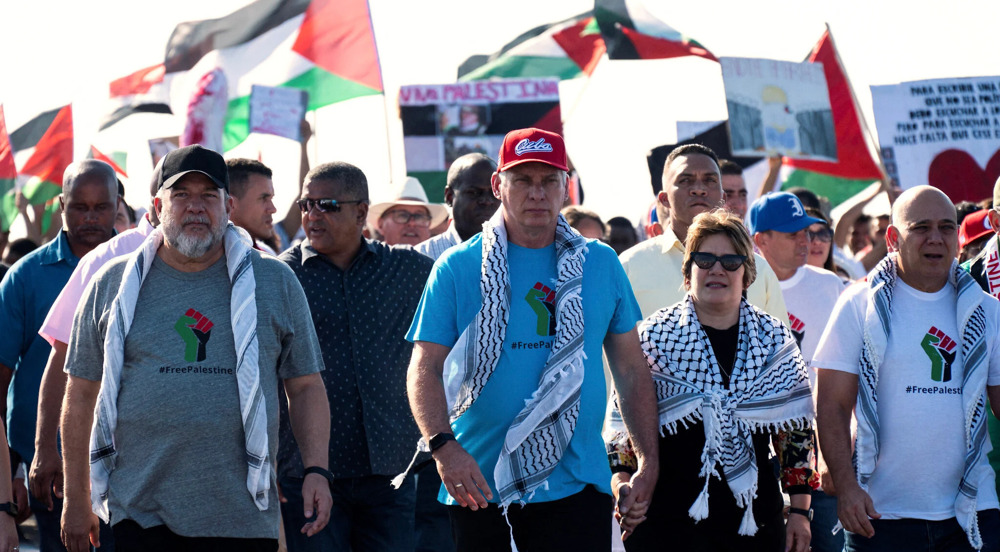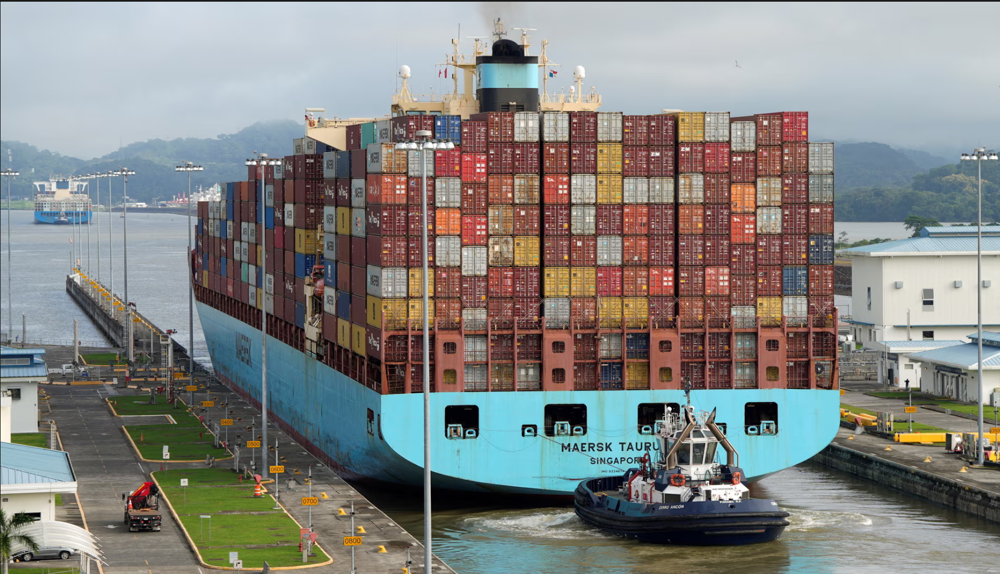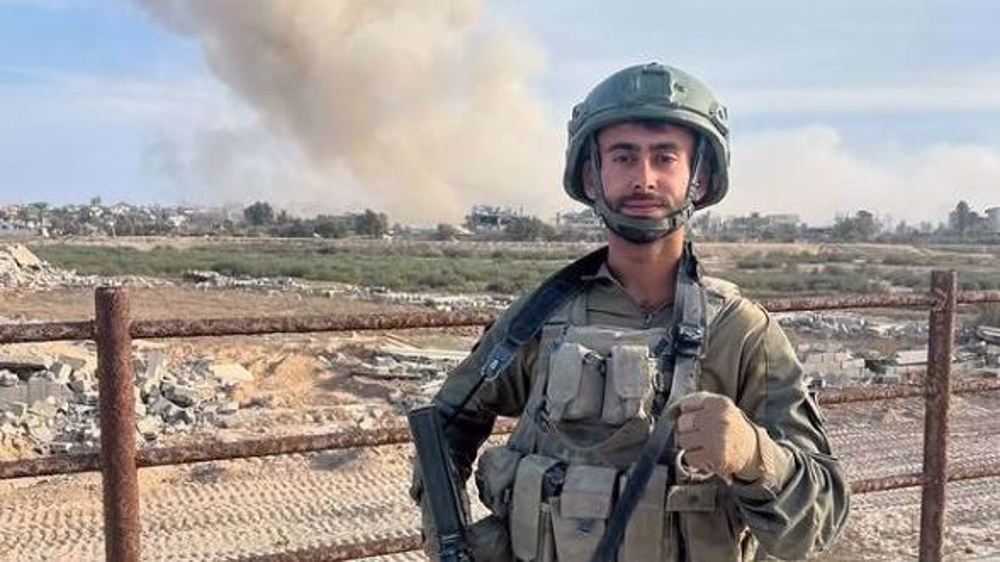Fidel Castro eulogized in memorial services in several countries
On November 25th, Cuba lost a great revolutionary leader. Fidel Castro inspired anti-imperialist movements across the world for several decades. Following his death, many world leaders offered their condolences to the Caribbean nation, while several countries organized memorials to commemorate the international icon.
As people across Latin America and the Caribbean mourn Castro, Cubans have been preparing for a special ceremony in Havana.
The Revolution Square in the city will hold the memorial service on Tuesday which is expected to draw world leaders and foreign public figures. The government has already declared a nine-day period of mourning until a state funeral on December 4th.
Castro's body was cremated immediately as per his wish on Saturday, and his ashes will now be taken on a journey across the nation. He died at the age of 90.
Meanwhile, commemoration services have been organized in several countries including Venezuela, Bolivia, Ecuador and Mexico where mourners pledged to follow the revolutionary path of the late Cuban leader.
In Venezuela, a ceremony was held at the Mountain Barrack in the presence of President Nicolas Maduro on Sunday.
“Men and women of this great Latin American and Caribbean homeland! Fidel and (Hugo) Chavez, who are already together there in the heaven of the just, are more future than anything else in the battles we are going to fight today. And I am sure they have only one destiny: the definitive victory of their ideas. Long live the eternal memory of Fidel Castro. Long live the example of the martyrs. Long live the legacy of Hugo Chavez," Maduro told the crowd of mourners.
Bolivia’s President Evo Morales also stood on the stage at Ivirgarzama, Cochabamba and said that Castro's fight had not been for Cuban and Latin American people alone, but "for the people of the world who fight for their liberation."
He added that he was giving tribute to "a human being" who "gave his life for the people of the world."
Meanwhile in Quito, the capital city of Ecuador, the stature of the Cuban revolutionary leader was reflected upon as Ecuadorians gathered outside the National Theater for a tribute. The mourners signed a book of condolences at the Cuban Embassy. Also a concert was organized outside the Ecuadorean House of Culture, where Castro had once visited.
In addition, around 500 people gathered in front of the Cuban Embassy in Mexico City to pay homage to Fidel Castro.
Also Vietnam's top officials visited the Cuban Embassy in Hanoi on Monday to commemorate Fidel Castro. Prime Minister Nguyen Xuan Phuc and President Tran Dai Quang who was the last state leader to meet Fidel in Cuba, came to pay their respects. Hundreds of Vietnamese people attended the ceremony by bringing flowers to the embassy.
In South Africa's Cape Town, too, people have been reflecting on Castro's legacy. Some said it was the close bond between the late Cuban leader and South Africa's anti-apartheid revolutionary, Nelson Mandela, that had drawn so many South Africans to Castro's ideas.
Castro was known for his anti-imperialist ideology. During the 1950s, he formed a revolutionary group, called the 26th of July Movement, with his brother Raul and Argentine revolutionary leader Che Guevara.
Castro took a key role in the Cuban Revolution by leading the movement in a guerrilla war against US-backed dictator Fulgencio Batista. After Batista's overthrow in 1959, Castro assumed military and political power as Cuba's prime minister which he continued until 1976, and then as president from 1976 to 2008.
Under his administration, Cuba became a one-party communist state, where industries and businesses were nationalized. Castro was particularly opposed to Washington’s capitalist agenda.
Castro also survived hundreds of attempts on his life, many of them believed to have been orchestrated by the US.
He formed an alliance with the Soviet Union, which further worried Washington.
The late Cuban leader supported anti-imperialist revolutionary groups. During the 2000s, he forged an alliance with Hugo Chavez, then Venezuelan president, and signed Cuba to the Bolivarian Alliance for the Americas.
In 2006, Fidel Castro transferred his responsibilities to Vice-President Raul Castro, who formally assumed the presidency in 2008.
UNRWA unraveled amid Israel's allegations, reduced intl. support
Palestinian journalist, a Sobh Media Festival awardee, killed in Gaza hours before truce
Jan. 15: ‘Axis of Resistance’ operations against Israeli occupation
VIDEO | Fears, hope in Gaza amid intensified ceasefire efforts
VIDEO | Press TV's news headlines
Hamas: Ceasefire agreement result of steadfastness, resistance in Gaza over 15 months
Hamas thanks Iran, Resistance Front following achievement of ceasefire in Gaza
'Capitulation': Israeli officials and media concede Gaza defeat as truce unfolds










 This makes it easy to access the Press TV website
This makes it easy to access the Press TV website